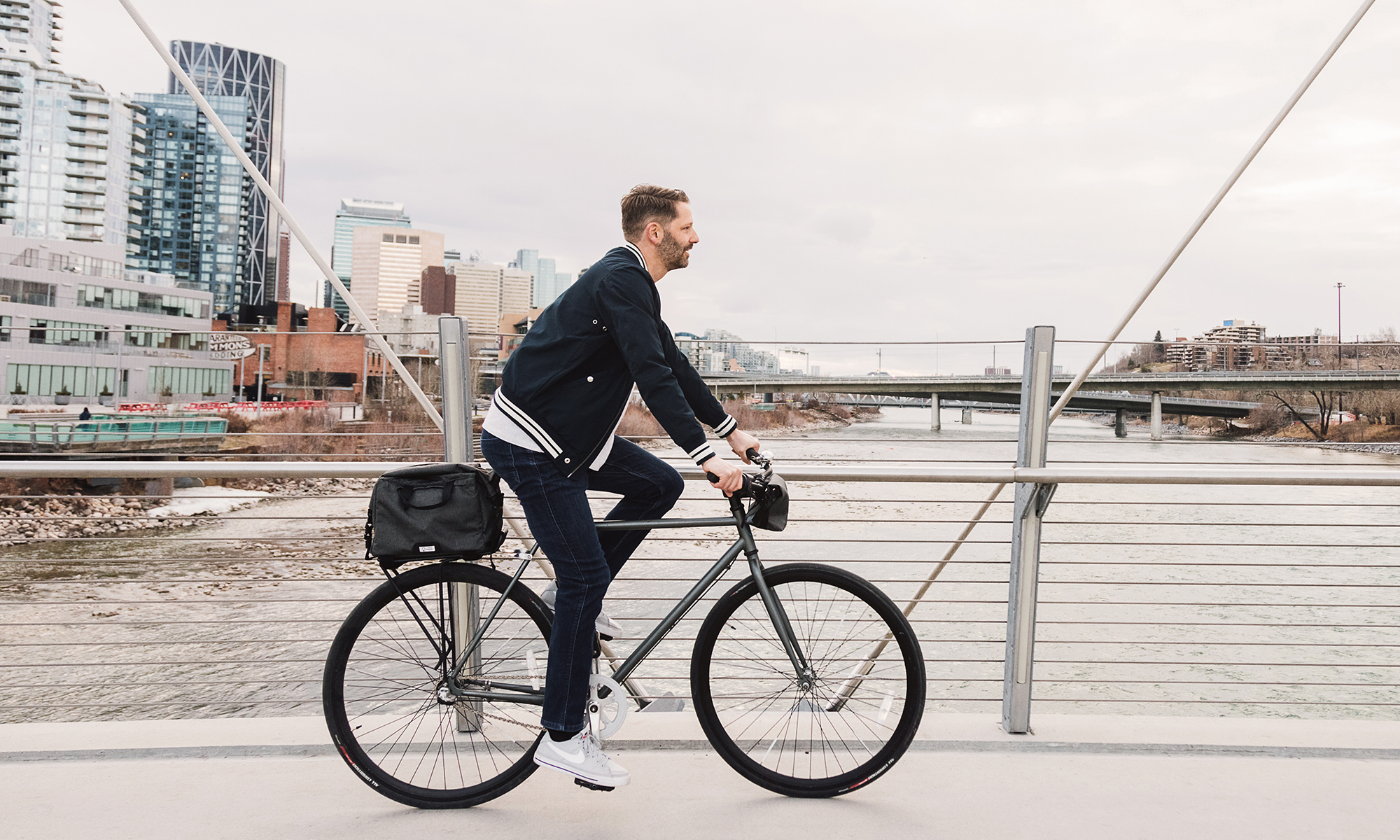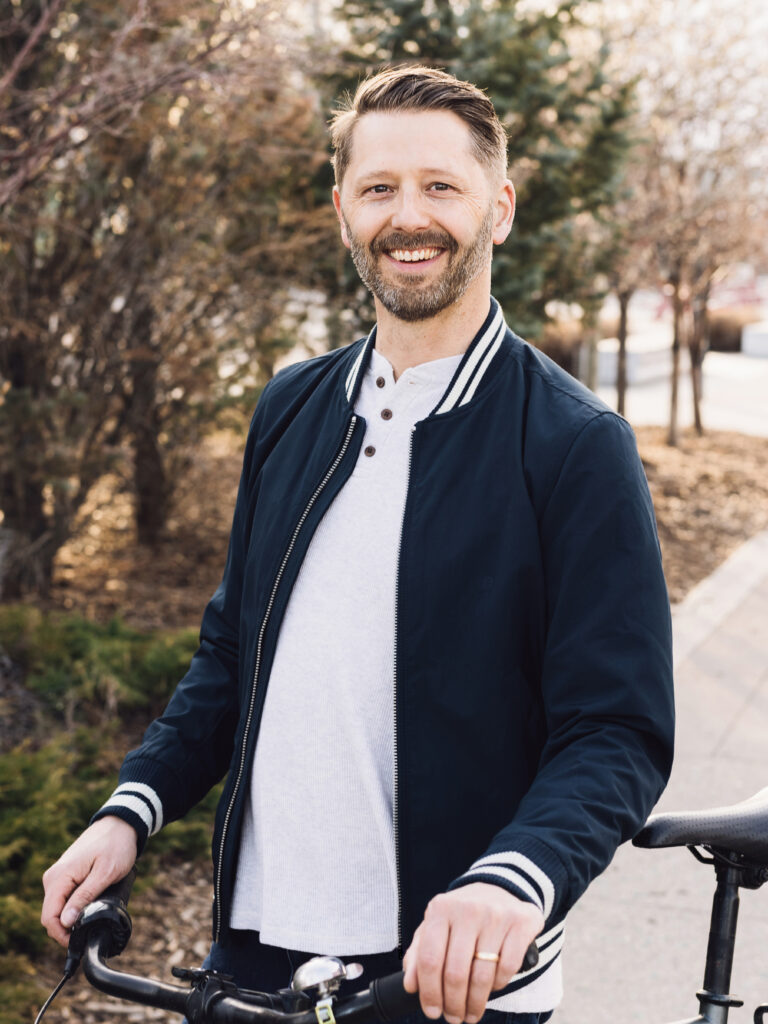
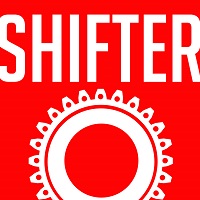
Hi. I’m Tom Babin, and this is Shifter, an exploration of our cities from the saddle of a bike. I’m an award-winning journalist, author and creator. From bike commuting to urban planning, Shifter is about inspiring and educating people about all the ways the humble bicycle impacts our lives, our communities, our cities and our world, all with the goal of getting more of us out there riding a bike.
125,000+ subscribers
22 million+ views
Shifter on youtube
Follow Shifter on YouTube as I explore urban cycling, bike commuting and all the ways the bicycle impacts our lives – from our health to our sense of community to the environment to our future. Shifter’s YouTube channel is the primary content outlet, with practical commuting tips and explorations of cycling in cities throughout the world. This is the place to start if you’re new to Shifter.
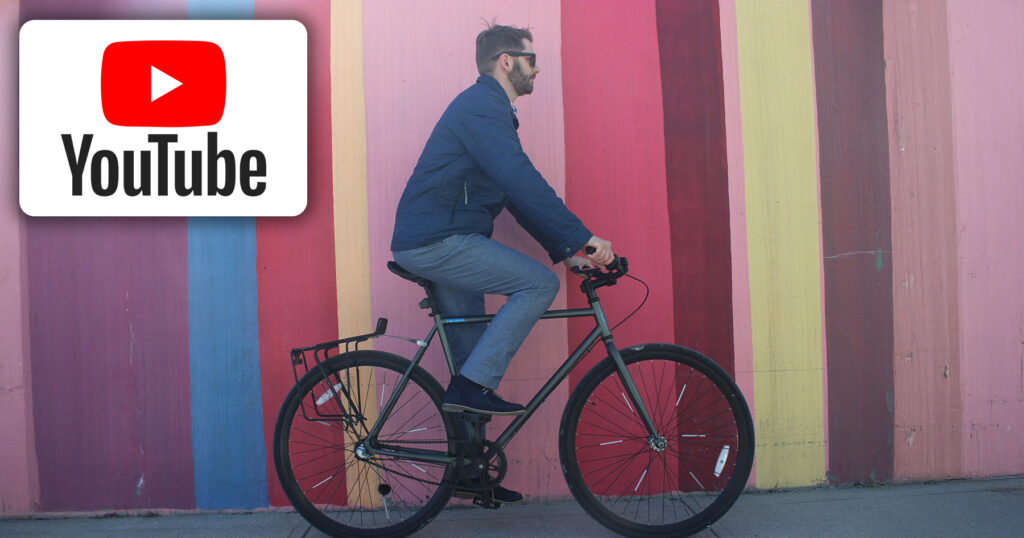
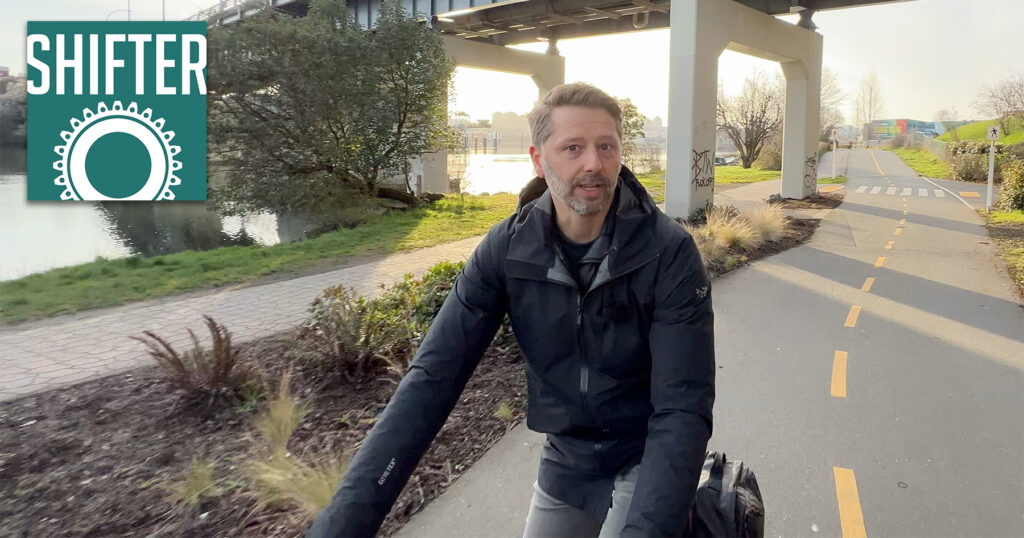
Shifter Courses
the Ultimate Guide to Bike Commuting and Urban Cycling
Bike commuting can improve your life in so many ways, but numerous barriers make it difficult or intimidating to get started. This online course gives you all the knowledge you need to make the bike a bigger part of your daily life.
FROSTBIKE: THE JOY, PAIN AND NUMBNESS OF WINTER CYCLING
The book that started it all! Tired of putting my commuter bike away once the weather got cold every year, I decided to see if riding a bike through a Canadian winter is a viable thing to do. What resulted was a journey throughout the world that opened my eyes to the potential of the bicycle to make our lives, our cities and even our long, cold winters better.
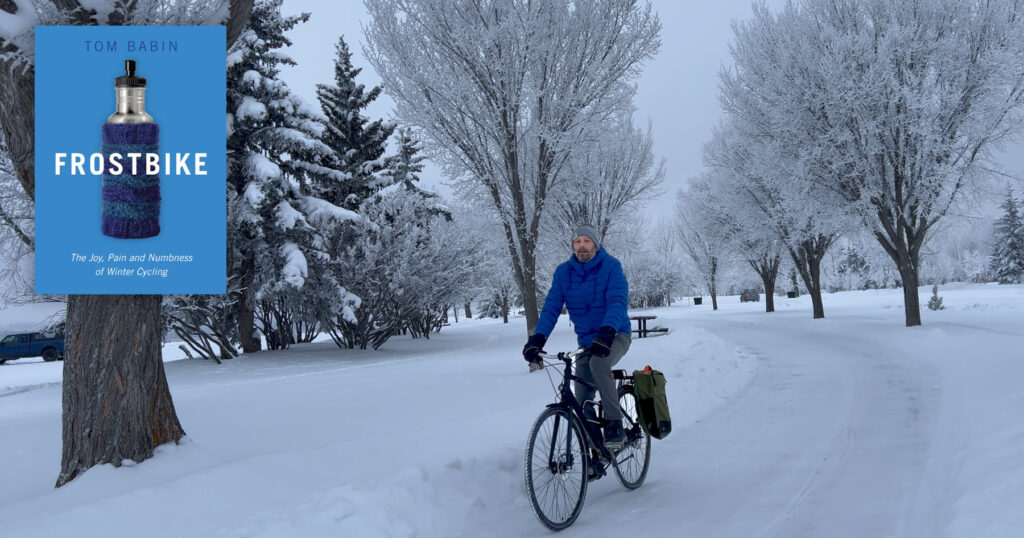
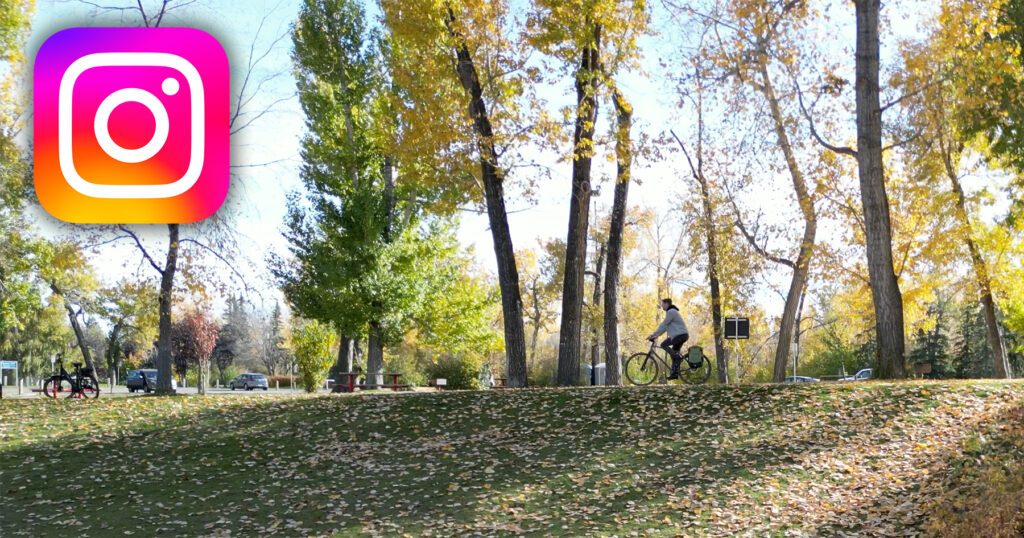
17,000+ Followers
Shifter on Instagram
Instagram is where the message gets spread and the community is built. Shifter isn’t a one-way megaphone, it’s the exploration of a big idea that manifests itself in a million ways — that cycling can make our world better. Instagram is a place where this conversation happens every day.
